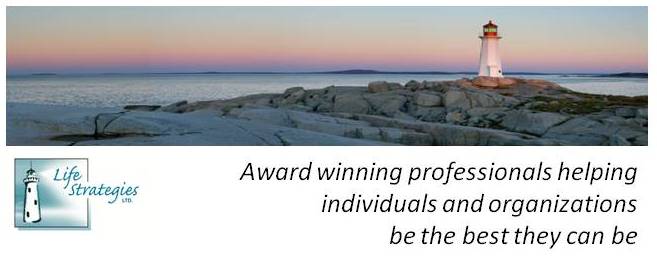 Nature illustrates this principle in countless ways. The chambered Nautilus, for example, is a deep-water mollusk that builds a spiral-shaped shell for a home. Growing constantly, it can never remain for long in the chamber it lives in. Nor can it return to previous ones; they no longer fit. Instead, the Nautilus is constantly obliged to build a new chamber for itself to live in. And in so doing, it is, in a way, constantly arranging for its own disappearance in the world.
Nature illustrates this principle in countless ways. The chambered Nautilus, for example, is a deep-water mollusk that builds a spiral-shaped shell for a home. Growing constantly, it can never remain for long in the chamber it lives in. Nor can it return to previous ones; they no longer fit. Instead, the Nautilus is constantly obliged to build a new chamber for itself to live in. And in so doing, it is, in a way, constantly arranging for its own disappearance in the world.Whether we like it or not, our personal and career identities obey the same growth impulse. Some part of us is constantly disappearing around what poet David Whyte calls an ‘invisible curve of transformation’. Some part of us is constantly pushing ahead, in search of a meaning horizon that is broad enough to accommodate the expanded self that is asking to be born.
The form of disappearance in the world is met with deep existential dread by the ego, says Jungian analyst Murray Stein (Stein, Murray. In Midlife: A Jungian Perspective. Conn.: Spring Publications, 1983. p.86.). Not only does it spell the death of a secure way of being:
“…a person’s sense of direction forward is beclouded and obscured during liminality; life’s pathways to the future appear to be unmarked and even uncharted, and the future itself seems unimaginable in every conceivable direction.”
Still, this is a journey we must all make if a more robust form of identity is to emerge. It is a departure that must occur if a new Self is to be born. If we do not, says poet John O’Donohue, a person may “linger for years in spaces that are too small and shabby for the grandeur of their spirit.”
(O’Donohue, J. To Bless the Space Between Us:A Book of Blessings.New York: Doubleday, 2008.p.192)
Where are you on the curve of your career transformation? What has already happened in your life that you need to catch up with?”
Post contributed by Adrian Juric
Adrian Juric is Canadian Certified Counsellor. He leads wilderness retreats for adults that use poetry and hiking to help individuals make sense of the transitions occurring in their lives. See www.innerlandscapes.org for more info.




No comments:
Post a Comment